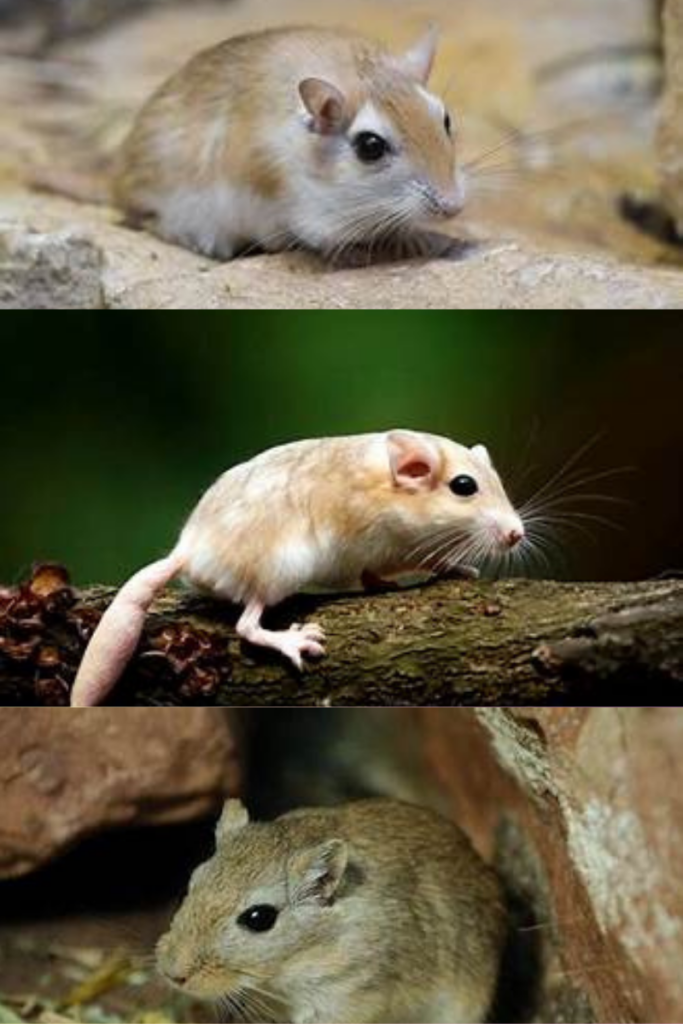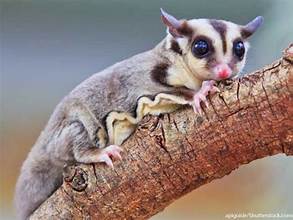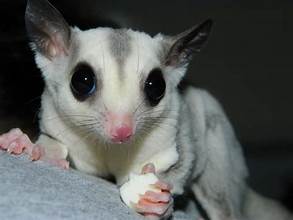When considering a small, low-maintenance pet, gerbils are a popular choice. These tiny, energetic rodents are fun to watch and relatively easy to care for. We’ll explore everything you need to know about gerbils, including the types of toys they enjoy, medical issues to watch out for, their diet and grooming needs, and how to create the perfect habitat. If you’re searching for the best gerbil care tips, you’ve come to the right place!
Types of Gerbils
Gerbils are often associated with the Mongolian variety, but several species can make great pets. Here are some of the most popular types:
Mongolian Gerbil:
The most common type is Mongolian gerbils, known for their curious and social nature. They are available in various colors, including black, white, and agouti.
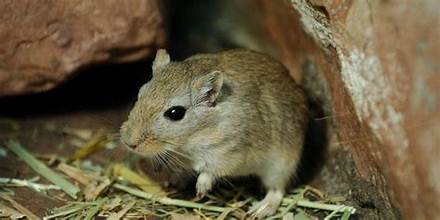
Fat-Tailed Gerbil:
Native to North Africa, fat-tailed gerbils are smaller than their Mongolian counterparts and have a unique, fat-storing tail. They are less common but equally fascinating pets.
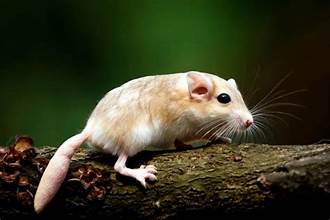
Pallid Gerbil:
Found in desert regions, pallid gerbils have a pale, almost translucent coat and are known for their agility and speed.
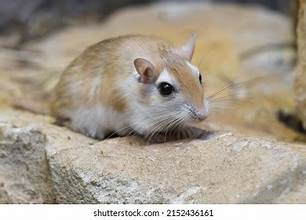
When choosing a gerbil, it’s essential to understand the species’ specific care requirements to ensure a happy and healthy pet.
Gerbil Toys and Enrichment
Gerbils are active creatures who love to explore and chew. Providing them with various toys is crucial for their physical and mental well-being. Some of the best toys for gerbils include:
Chew Toys: Wooden blocks, cardboard tubes, and untreated wicker are excellent for gnawing, which helps keep their teeth healthy.
Exercise Wheels:
A solid surface exercise wheel (avoid wire wheels) allows your gerbil to burn off energy and stay fit.
Tunnels and Hideouts:
Gerbils love to dig and explore, so providing tunnels, hideouts, and digging material will keep them entertained.
Climbing Structures:
Small ladders, bridges, and platforms encourage climbing and exploration.
Regularly rotating toys can prevent boredom and ensure your gerbil remains active and engaged.
Gerbil Diet and Grooming
A balanced diet is essential for your gerbil’s health. Here’s what you need to know about feeding your gerbil:
Commercial Gerbil Food:
A high-quality gerbil mix should be the staple of their diet. These mixes typically contain seeds, grains, and pellets that provide essential nutrients.
Fresh Fruits and Vegetables:
Occasionally, you can offer small amounts of vegetables and fresh fruit like apples, carrots, and leafy greens. Avoid citrus fruits and anything too watery, like cucumber, as they can cause digestive issues.
Water:
Ensure fresh water is always available in a water bottle with a sipper tube.
Gerbils are self-grooming animals and don’t require regular baths. However, providing a sand bath once a week will allow them to clean their fur naturally. Place chinchilla sand in a shallow dish and let your gerbil roll around.
Gerbil Habitat:
Creating the Perfect Home
Creating a comfortable and stimulating environment is critical to your gerbil’s well-being. Here’s how to set up the perfect gerbil habitat:
Cage:
Gerbils prefer a spacious glass tank or a wire cage with a deep base. A minimum of 10 gallons is good per gerbil. The cage should have a very secure lid to prevent escapes.
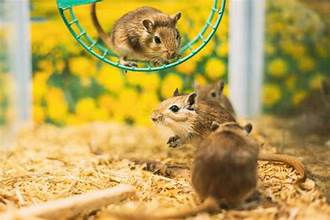
Bedding:
Use paper-based bedding or aspen shavings, which are safe for gerbils. Avoid using cedar or pine shavings; they can be harmful.
Hiding Places:
Provide many hiding spots, such as tiny wooden houses, ceramic pots, or cardboard boxes.
Exercise Area:
Ensure enough space for an exercise wheel and tunnels to promote activity.
Temperature and Lighting:
Keep the habitat in a room with a stable temperature (65-75°F) and natural light. Don’t place the cage in direct sunlight or near drafts.
Common Gerbil Health Issues
While gerbils are generally hardy pets, they can be prone to specific health issues. Being aware of these problems can help you catch any potential issues early:
Respiratory Infections:
Symptoms include sneezing, nasal discharge, and labored breathing. If you notice any of these signs, consult a vet immediately.
Teeth Problems:
Gerbils’ teeth grow continuously, so providing chew toys is essential. Overgrown teeth can cause eating difficulties.
Tumors:
Older gerbils can develop tumors, particularly in the scent gland. Regular vet check-ups can help detect tumors early.
Parasites:
Gerbils can be affected by mites or fleas. If you notice a lot of scratching or hair loss, seek veterinary care.
Conclusion
Gerbils are delightful pets that bring joy and entertainment to any household. You can ensure your gerbil thrives by understanding the different types of gerbils, providing suitable toys, maintaining a healthy diet, creating a comfortable habitat, and staying vigilant about their health. Whether you’re a new gerbil owner or considering adding one to your family, these tips will help you provide the best care for your tiny companion.
For more gerbil care tips and advice, bookmark this page and share it with other tiny pet enthusiasts. Remember, a happy gerbil is a healthy gerbil!

